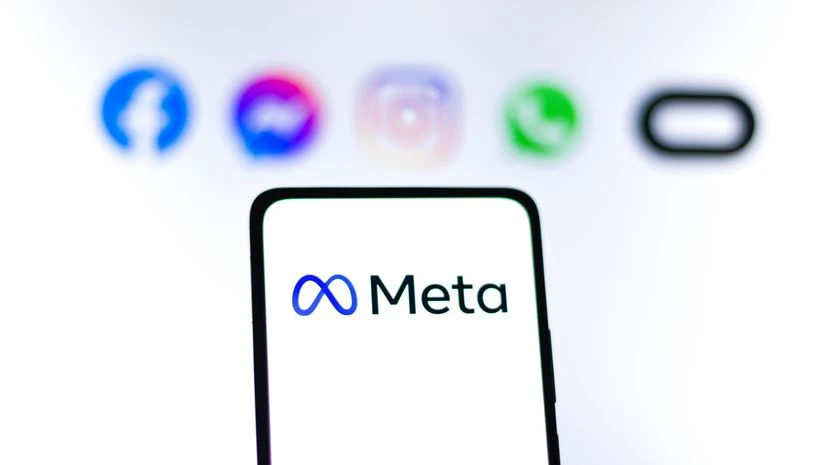Meta, the tech giant behind Facebook, Instagram, and WhatsApp, is reportedly planning an ambitious project to build a 40,000-kilometre subsea cable connecting different countries, including India and the US.
This move aligns with the company’s significant share of internet traffic, accounting for nearly 10 per cent of fixed and 22 per cent of mobile internet usage worldwide, reported TechCrunch.
Sources close to Meta revealed that the project’s initial investment is estimated at $2 billion, with the total cost potentially reaching $10 billion as it progresses. For a company of Meta's scale, such a price tag is seen as a feasible investment in shaping the future of global connectivity.
Project details and timeline
While the specifics of the project, including its route, capacity, and purpose, are still under wraps, Meta is expected to unveil more details in early 2025. The undersea cable is anticipated to connect regions like the east coast of the United States, India, South Africa, and Australia, before looping back to the west coast of the United States.
However, the implementation could face delays due to industry-wide challenges. “Cable ships are expensive at the minute and booked out several years ahead,” said Ranulf Scarborough, a submarine cable industry analyst, in a statement to TechCrunch.
Also Read
Strategic benefits for Meta
Once operational, the subsea cable would provide Meta with a dedicated infrastructure for data transmission across continents, potentially enhancing the speed, reliability, and cost-efficiency of its services. This initiative could also bolster Meta's position in the digital ecosystem by reducing dependence on third-party networks and enabling seamless data traffic management for its massive user base.
Meta’s growing role in subsea cables
This isn’t Meta’s first foray into undersea communication networks. The company already co-owns 16 subsea networks, including the recently launched 2Africa cable, which aims to improve connectivity across the continent.
By expanding its investments in subsea cables, Meta is not just addressing its data needs, but also contributing to global digital infrastructure, fostering improved internet access in underserved regions.

)